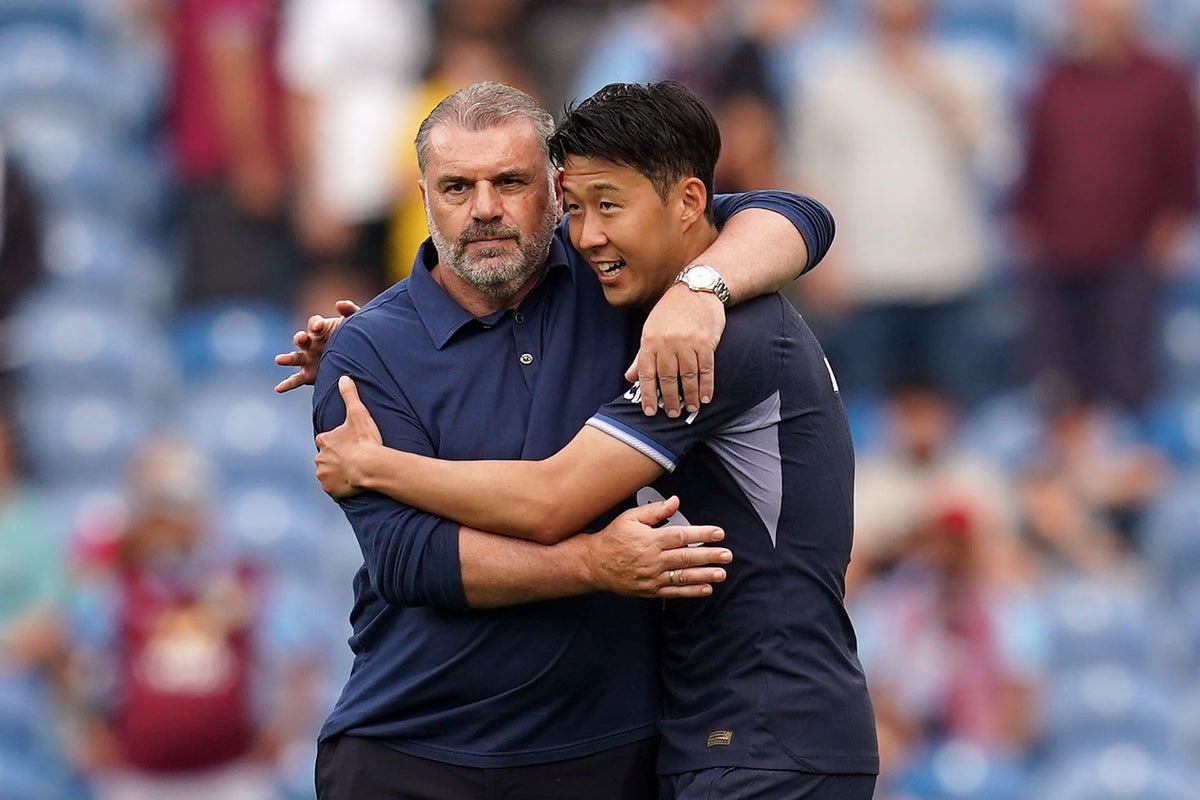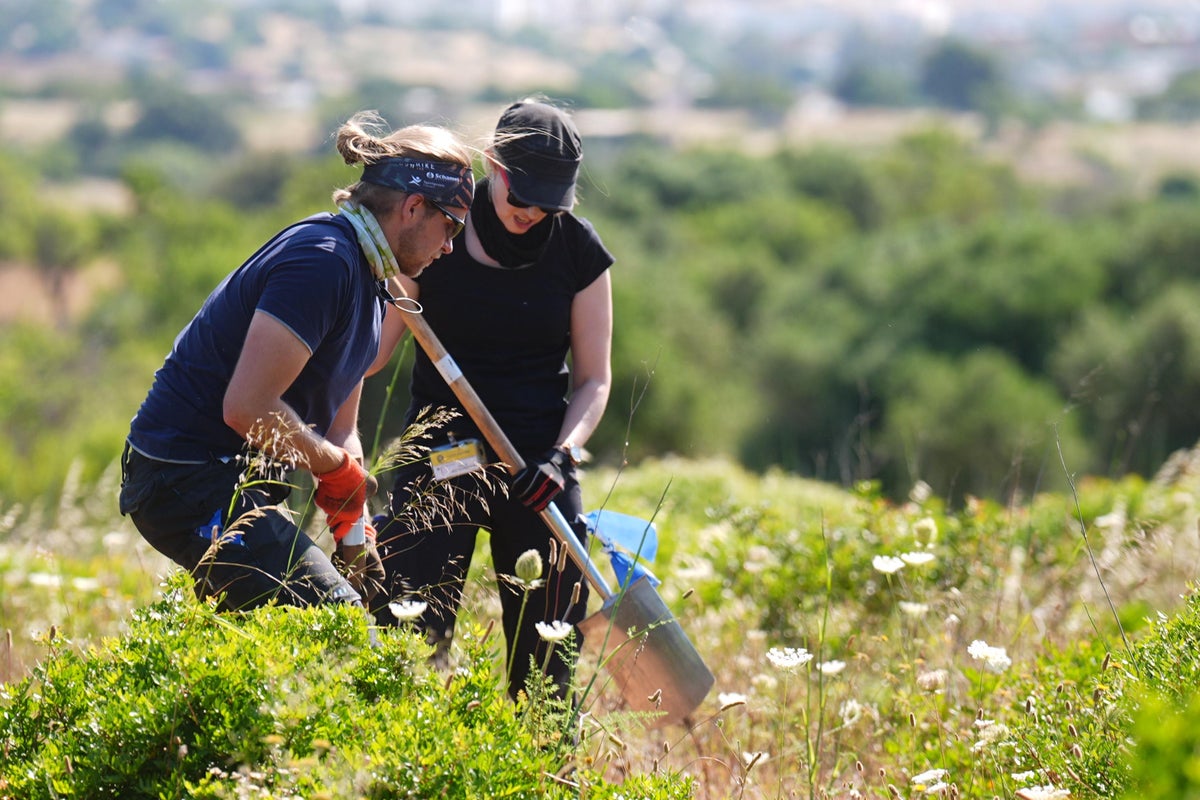ARTICLE AD BOX
In less than a month, Seville will host the Fourth International Conference on Financing for Development in a climate of uncertainty following the abrupt decision by the US to dismantle its aid programmes. But Washington is not alone in this posture.
The European Union agreed to reallocate €2 billion (£1.7bn) reallocation from development budgets in February 2024 —and many individual European countries have made cuts to their aid budget. It is a clear signal that the landscape of Overseas Development Assistance (ODA) is shifting.
For Africa, this isn’t just a reshuffle, it is a wake-up call for deep reflection and action: will we adapt, or will aid simply become a relic of the past? The timing is bad, the rationale questionable, and the ripple effects threaten to impact the lives and health of millions depending on aid programmes.
Let’s be honest: aid has had a mixed impact. The spectrum of aid's legacy in Africa, including my country, Guinea, runs from positive to disastrous. On the positive side, aid has contributed to infrastructure development – I’m thinking for instance about a project in northwest Guinea to replace an old ferry with a new road and bridge. During a visit, a cunning minister of public works convinced a skeptical partner to go on a very “special” field trip via the old route, one that left a senior official so sore and tired that all doubters saw the project’s true necessity. Once it was completed, traffic soared, proof that aid can work when it’s aligned with real needs.
But aid can fall flat. When I was serving as minister of finance, I led efforts to curb directly awarded contracts and boost transparency following an audit of public procurement procedures. The goal was to improve the quality and cost-effectiveness of public spending. But some donors were not willing to support this effort. I deplored one particular partner’s failure to listen and, above all, a stubborn insistence on taking us backwards by ignoring our analysis. I said no to the help on offer. It was hard but necessary. Aid must serve the real priorities, not satisfy bureaucratic checkboxes.
In a recent discussion with the director of an incubator to help small and medium-sized businesses grow – funded by a government donor – I was struck by the emergence of shortcomings I thought belonged to the past. These included a laziness to question one's own model for delivering results, despite warnings about the risks of inefficiency. We also see a narrow focus on so-called "easily accessible" geographic areas, such as capitals, and on disbursements.
Aid, in many cases, has helped sustain corrupt elites or fostered unhealthy alliances with public administrations – perpetuating dependency rather than solving problems.
When I look back on my own experience in development – a journey close to an out-of-body experience for an African – I realise we are at a critical juncture. It’s the moment to question the very foundations of aid institutions inherited from the post-colonial era. Despite some positive reforms, such as untying aid, the core premise remains unequal. It is predominantly driven by the donors, with African countries still being passive recipients rather than active partners. How can this be changed?
Change starts with listening. The “receiving hand” is not dumb and has ideas. It knows its needs. Recipient countries, especially in Africa, must be at the centre of the discussions. Conversations largely driven by donors are a recipe for failure.
Furthermore, African organisations and think-tanks must be active players. Decolonising aid must be more than just a buzzword. We are making progress, but it must be accelerated. We continue to see consultancies denied opportunities due to insufficient financial strength – despite their thorough knowledge of the field.
It also means better coordination between donors. You would think this is obvious, and yet despite witnessing many innovative and pragmatic approaches, I still see some partners continue to burden governments’ limited capacities by each imposing their own distinct systems and reporting requirements. This ends up being a distraction.
Recipient governments are key and are the only ones who should replace any donor. I believe the cuts could be an opportunity to make fiscal compromises that (finally) prioritise the necessary and the productive over the superfluous and the personal gain of some actors. Aid must be used strategically and selectively. It should foster technical cooperation for Africa’s economic transformation, its integration higher in global value chains.
Aid should be a catalyst to reform the global financial architecture by leveraging innovation and the capital needed to finance our massive infrastructure programmes. It must be an instrument for the Africa Union’s theme of the year: "Justice for Africans and People of African Descent Through Reparations”.
It’s time to make sure those people are at the table, and their voices are listened to.
This is the second piece of a series in partnership with ODI Global's Donors in a Post-Aid World
Malado Kaba served as the first female economy and finance minister of Guinea. She is the founder of Falémé Conseil, a private economic and development advisory services company based in the country
This piece is part of The Independent’s Rethinking Global Aid series









 English (US) ·
English (US) ·